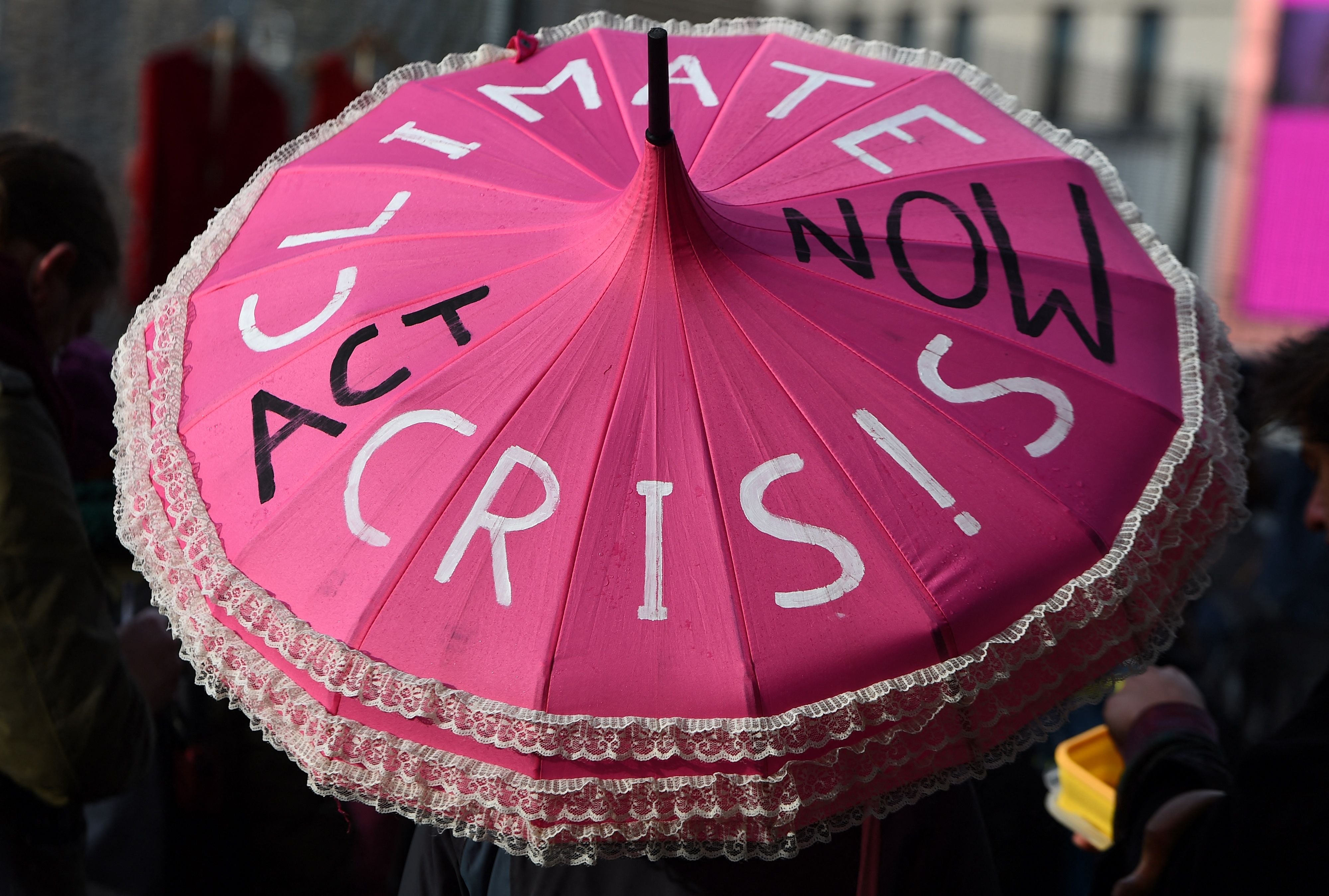Death sentences: ‘Global warming’ dying out as words ‘crisis’ and ‘emergency’ take over UK climate media
The language used by UK media is evolving as the dangers of climate crisis become more evident

The UK media is abandoning terms like ‘global warming’ and ‘climate change’ and is instead using ‘catastrophe’ and ‘emergency’ in a bid to wake the world up to the threats facing the planet.
Language learning platform Babbel and the Media and Climate Change Observatory analysed language trends and terminology around climate issues used by UK newspapers from January 2006 to October 2021.
Researchers found the term ‘climate catastrophe’ has been used three times more in 2021 than it was in 2020, ‘climate emergency’ is now mentioned on average 126 times per month– 63 times more than before 2018 – and use of the phrase ‘climate change’ has fallen 27 per cent between March 2017 and September 2021.
Meanwhile, ‘global warming’ is dying out - the term was used only 441 times in October 2021, a fall of 40 per cent against its peak in September 2009
Jennifer Dorman, Expert Linguist at Babbel, said: “Climate change has fast become one of the most prominent leading global issues of our age.
“The media plays a huge role in affecting public sentiment towards important issues via the language it chooses.
“It’s interesting to see how different publications approach the language of climate change. If we mean to unite around a shared commitment to comprehensive action, it is imperative that the situation is systematically understood - and the language we use is crucial to this end.”
Babbel analysed data provided by the Media and Climate Change Observatory, a volunteer-led initiative charting the landscape of climate change terminology across global media outlets, to illustrate how the language of the press reflects, informs, and alters public opinion.
Newspapers analysed include The Daily Mail and Mail on Sunday, The Guardian and The Observer, The Telegraph and The Sunday Telegraph, The Daily Mirror and The Sunday Mirror, The Times and The Sunday Times, and The Sun and News of the World/The Sun On Sunday.
Join our commenting forum
Join thought-provoking conversations, follow other Independent readers and see their replies
Comments
Bookmark popover
Removed from bookmarks